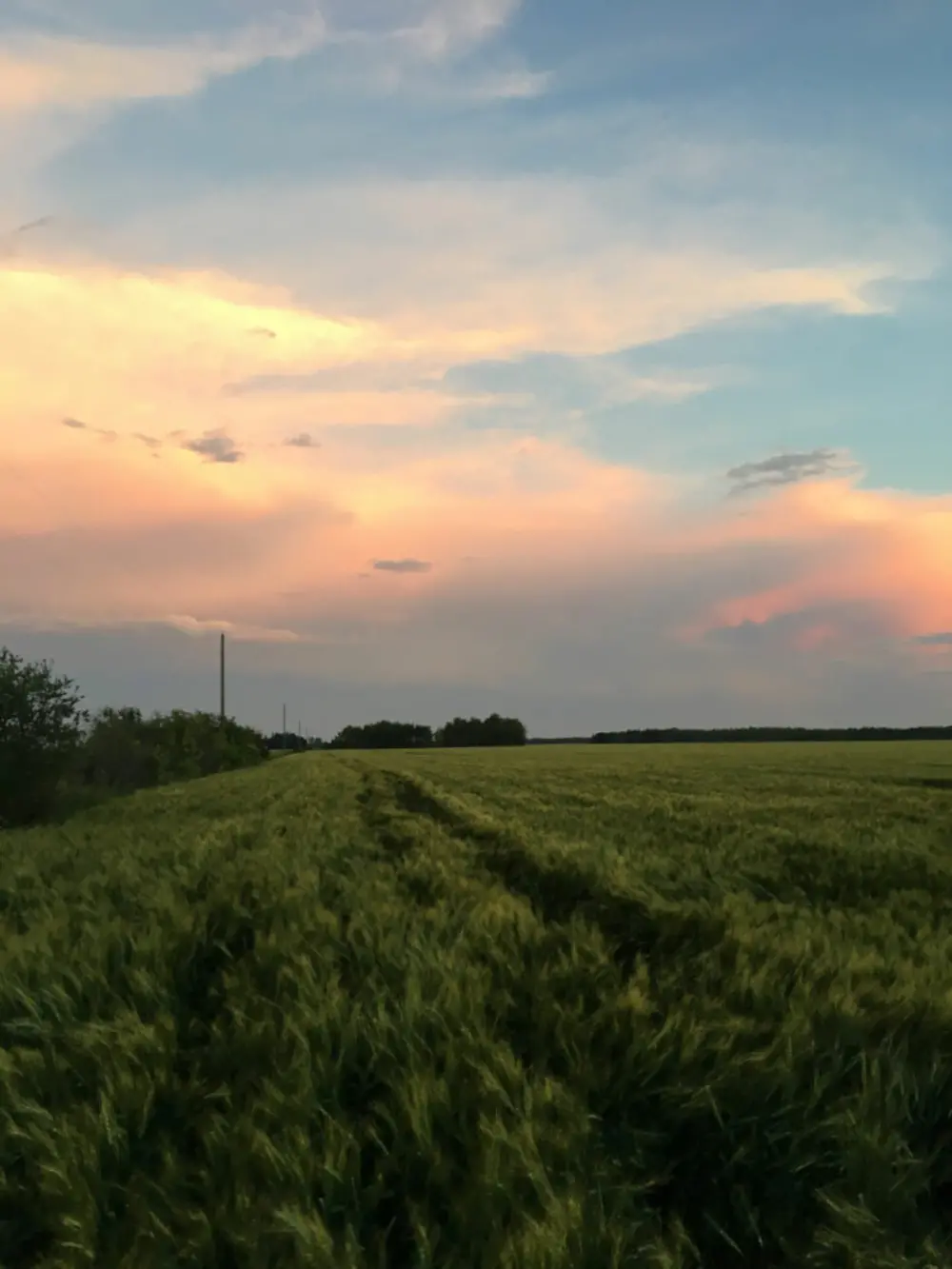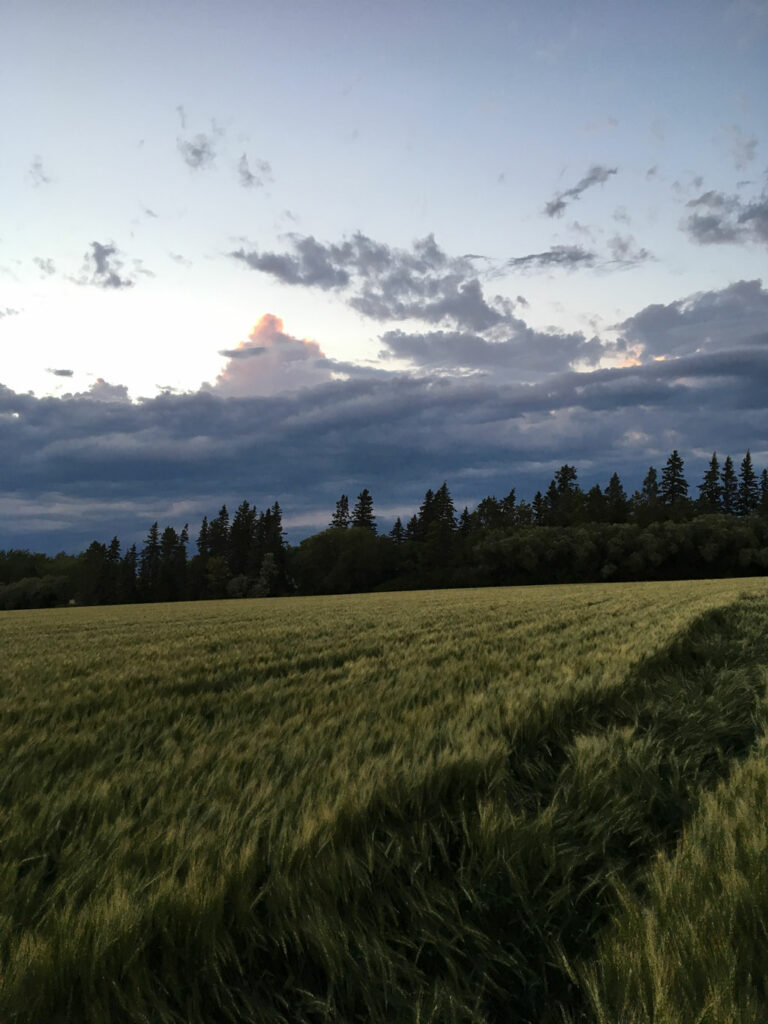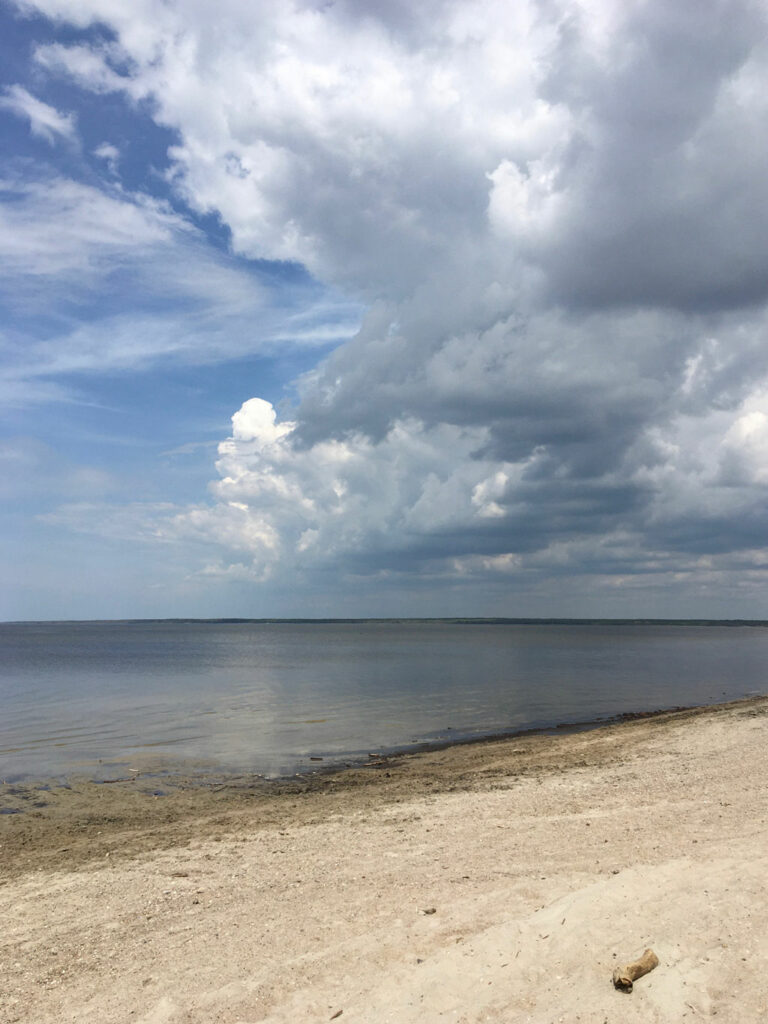
43 – Bringing our Shadows into the Light with Jess Winnicki
- Safe Harbour Therapy Centre
Subscribe: Apple Podcasts | Google Podcasts
In the podcast ‘Exploring Grief’ that aired March 5, 2020 I discussed the concept of the 5 Gates of Grief from the book The Wild Edge of Sorrow: Rituals of Renewal and the Sacred Work of Grief by Francis Weller. In today’s podcast we will look at the Second Gate of Grief: The Places That Have Not Known Love.
Some of these places may be known to us, some we may have pushed deep down in an attempt to forget, and some of these places may have come rising to the forefront of our minds during these uncertain times of Covid19.
My hope in this podcast is to give a frame for what may be coming up for people, for what people may feel but have not been able to name, and to offer some clarity, perspective, as well as tools to ground and reflect.
This topic has the potential to be very evocative, please check in with yourself in this moment and as the podcast goes on and if at any point you are feeling that now is not the time to be taking in this information please be kind to yourself, take a break, take some space and come back to when you are ready.
The Second Gate of Grief: The concepts that Francis Weller puts forward for us includes 5 gates of grief that we move through. Today we will be exploring the second gateway, the grief that occurs at the second gate refers to the places within each of us that have not known love. These places within us are very sensitive as they have not known compassion or been welcomed into our world, these parts are cast away into the shadows, wrapped in shame.

“We often hate these parts of ourselves, hold them in contempt, and refuse to allow them the light of day. We do not show the outcast brothers and sisters to anyone, and we thereby deny these parts of ourselves the healing salve of community” (Weller, 2015, p. 31). We deny parts of ourselves, we have neglected parts, parts we perceive as defective and through that process we experience loss. “Whenever any portion of who we are is denied we live in a continuum of loss. The proper response to any loss is grief, but we cannot grieve for something that we feel is outside of the circle of worth” (Weller, 2015, p.31).
So this is the question: how do we move through carrying this sense of sorrow within us and feeling that parts of us are not worthy of grief to a place of being able to fully grieve those parts of ourselves cast into the shadows and cloaked in shame?
A Note on Shame: The places within us that have not known love, that have been banished to the shadows are often surrounded by shame. Shame “ruptures our connection with life and with our soul” (Weller, 2015, p.32). Guilt says you have done something bad, shame says you are bad. When these feelings of shame come up for us we often pull back from our community and avoid showing that part of ourselves that we feel is unworthy.
Weller puts forward a concept of how to loosen the grip of shame:
- moving from feeling worthless to seeing ourselves as wounded (and able to heal)
- a shift from seeing ourselves through the lens of contempt to one of a budding compassion
- moving from silence to sharing
Through this process we move to a place where we can see experiences in our lives as wounds that can be healed as opposed to those experiences being a negative narrative about our worth as a person.
Trauma Connected to the Second Gate: In his book The Trauma of Everyday Life, psychiatrist and Buddhist scholar Mark Epstein says that trauma is inherent in being human, but “when painful emotions and unpleasant feelings are not picked up and handled by the parents, the infant, or child, is left with the overwhelming feelings he or she is not equipped to deal with, feelings that often get turned into self hate” (Epstein, 2014).
In this example trauma remains a source of our ongoing suffering, deteriorates how we see our worth as a person and undermines our ability to step fully into our lives. Epstein also provides a light in the darkness, a way out of the shadows, drawing on the teachings of Winnicott and the Buddha, both of whom stress the need of creating an internal holding environment that resembles that of a caring and attentive parent figure.
To come back to the question posed earlier:
How do we move through carrying this sense of sorrow within us and feeling that parts of us are not worthy of grief to a place of being able to fully grieve those parts of ourselves cast into the shadows cloaked in shame? “It is important to look into the shadows of our lives and to see who lives there, tattered, withered, hungry, and alone. Bringing these parts of soul back to the table is a central element of our work. Ending their exile means releasing the contempt we hold for these parts of who we are. It means welcoming the full range of our being and restoring our wholeness” (Weller, 2015, p.37).

A poem came my way this week that struck me as summing up what I have been thinking and writing about for this podcast. It is an excerpt by Rainer Maria Rilke, from “Letters to a Young Poet”. It lead me, and I hope can lead you as well to a honest and hopeful path where we can name what we have been holding onto, gain some clarity and perspective, as well as a frame to examine our inner most selves with kindness and compassion, bringing the shadow into the light.
In the great silence of these distances, I am touched by your beautiful anxiety about life, even more than I was in Paris, where everything echoes and fades away differently because of the excessive noise that makes things tremble. Here, where I am surrounded by an enormous landscape, which the winds move across as they come from the seas, here I feel that there is no one anywhere who can answer for you those questions and feelings which, in their depths, have a life of their own; for even the most articulate people are unable to help, since what words point to is so very delicate and almost unsayable.
But even so, I think that you will not have to remain without a solution if you trust in things that are like the ones my eyes are now resting upon. If you trust in Nature, in the small things that hardly anyone sees and that can so suddenly become huge, immeasurable; if you have this love for what is humble and try very simply, as someone who serves, to win the confidence of what seems poor: then everything will become easier for you, more coherent and somehow more reconciling, not in your conscious mind perhaps, which stays behind, astonished, but in your innermost awareness, awakeness, and knowledge.
You are so young, so much before all beginning, and I would like to beg you, dear Sir, as well as I can, to have patience with everything unresolved in your heart and to try to love the questions themselves as if they were locked rooms or books written in a very foreign language. Don’t search for the answers, which could not be given to you now, because you would not be able to live them. And the point is, to live everything. Live the questions now. Perhaps then, someday far in the future, you will gradually, without even noticing it, live your way into the answer. Perhaps you do carry within you the possibility of creating and forming, as an especially blessed and pure way of living; train yourself for that – but take whatever comes, with great trust, and as long as it comes out of your will, out of some need of your innermost self, then take it upon yourself. Rainer Maria Rilke, from “Letters to a Young Poet”

I would now invite you to sit with what we have discussed today and consider some of the following questions.
- What do I / these parts of myself need?
- How do I create a safe container for these parts of self to be seen, heard, and held?
- Who in my life can I reach out to talk to about what has come up for me?
- What would a metaphor for these parts of self be?
- Acknowledging that looking at these parts of self sent to the shadows can be challenging what is something you need in this moment to ground yourself / recognize the tender places you allowed your mind to venture in an intentional and caring way.
- If looking at these parts of self with a caring eye was difficult what is something you can do for yourself now as a form of self-care / compassion?
- Create / write spontaneously and with a curious mind, see what comes up.
As you feel called create an art response and / or a written response to this podcast based on the questions above or any others that have come up for you. If you have any questions or want additional resources please feel free to contact me.
I will close in a way that is now becoming a bit of a ritual for me in these recordings, which allows me to feel that I am creating a safe a sacred space not only for Julie and I as we record but for everyone who has listened.
This is a time of change, stretching edges, uncomfortable feelings, and growth.
Remember that everyday is a process and we bring different versions of ourself to each day / moment of the day.Be gentle with yourself, strive for effort and intention as opposed to perfection.
References
Epstein, M. (2014). The Trauma of Everyday Life. New York, NY: Penguin Books.
Rilke, Rainer Maria, 1875-1926. (1992). Letters to a Young Poet. San Rafael, CA:New World Library
Weller, F. (2015). The Wild Edge of Sorrow: Rituals of Renewal and the Sacred Work of Grief. Berkeley, CA: North Atlantic Books.
